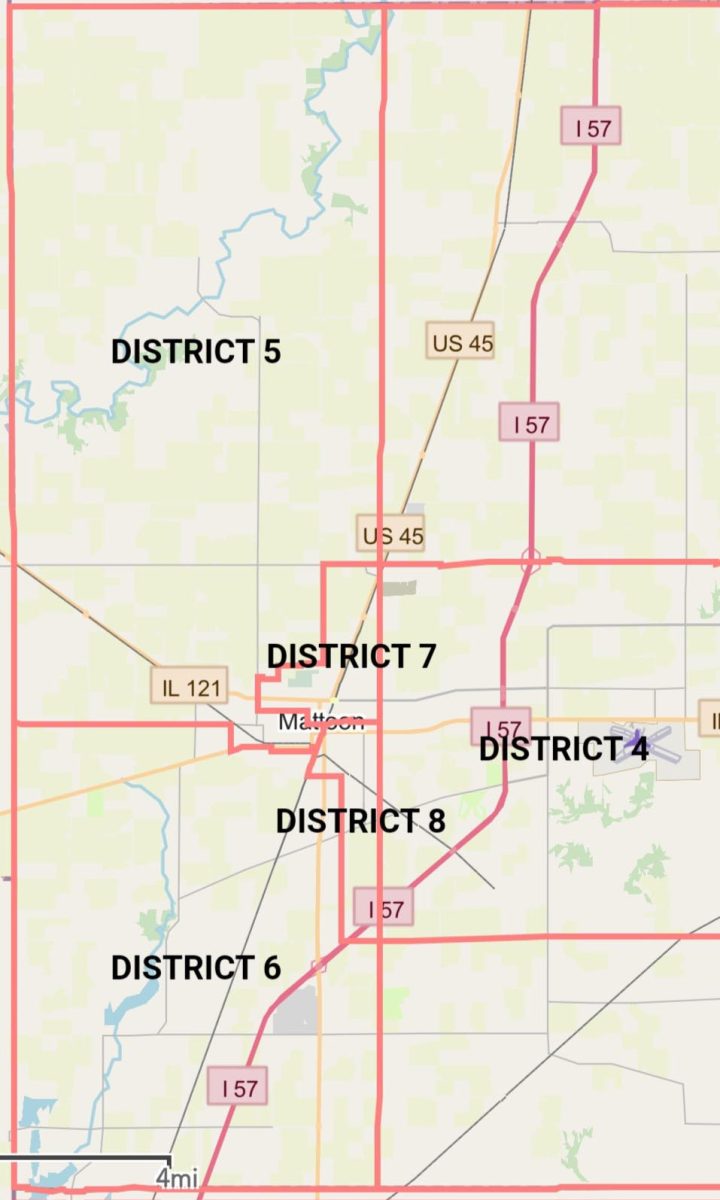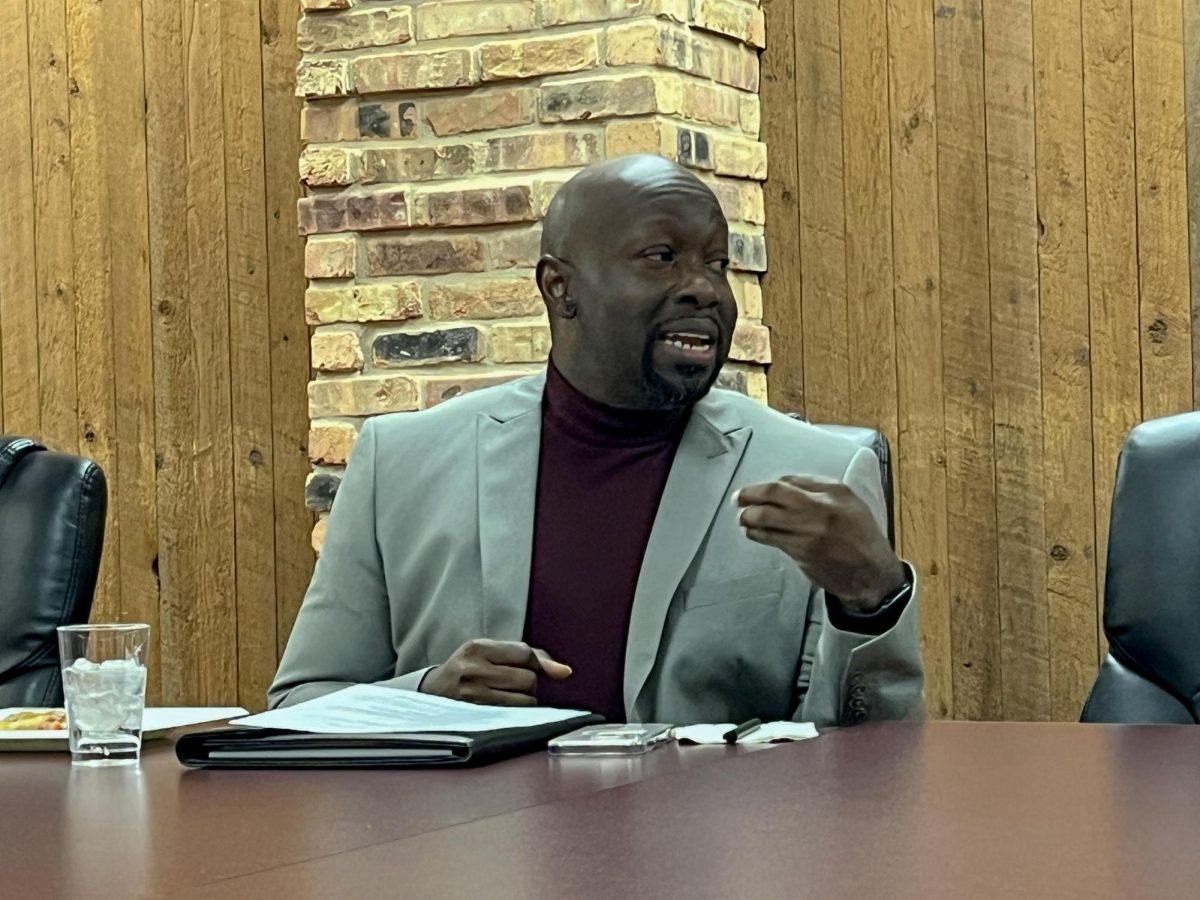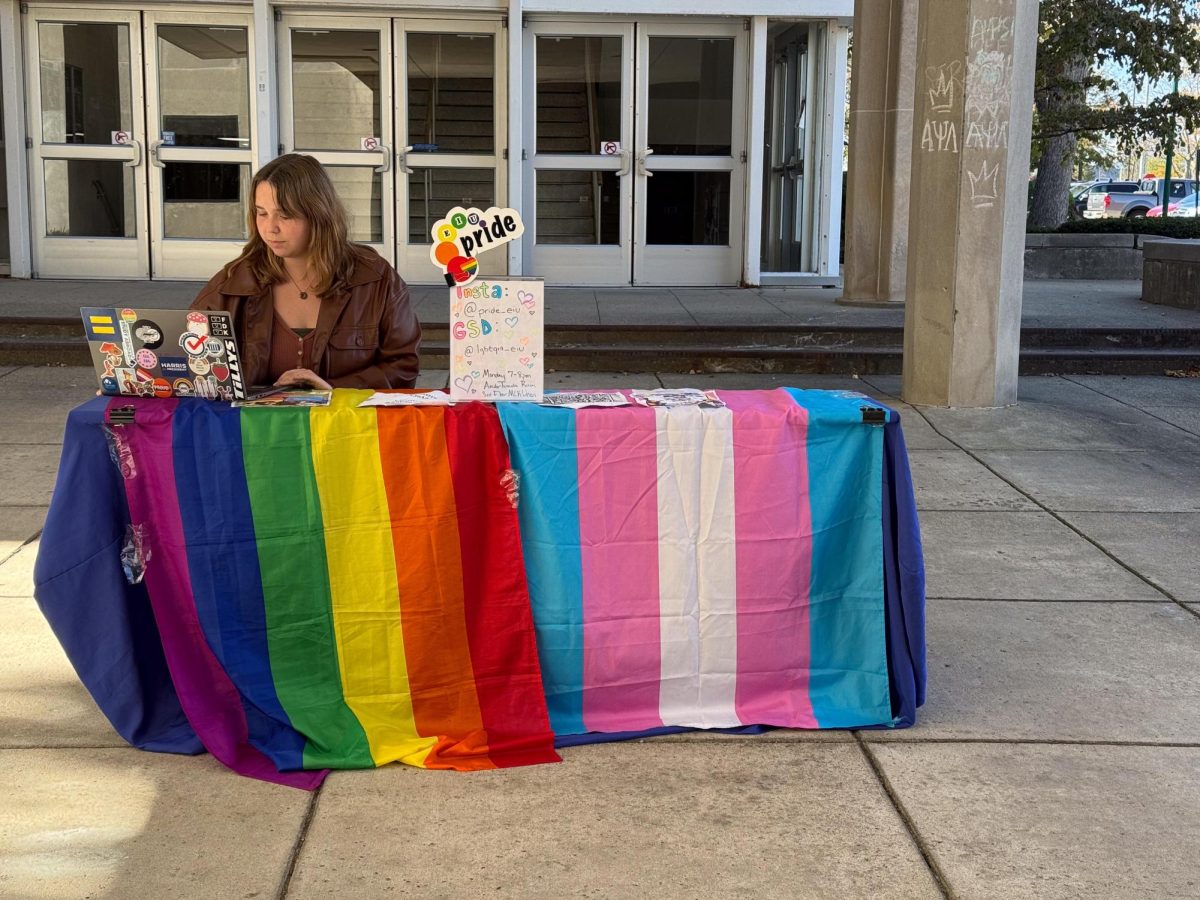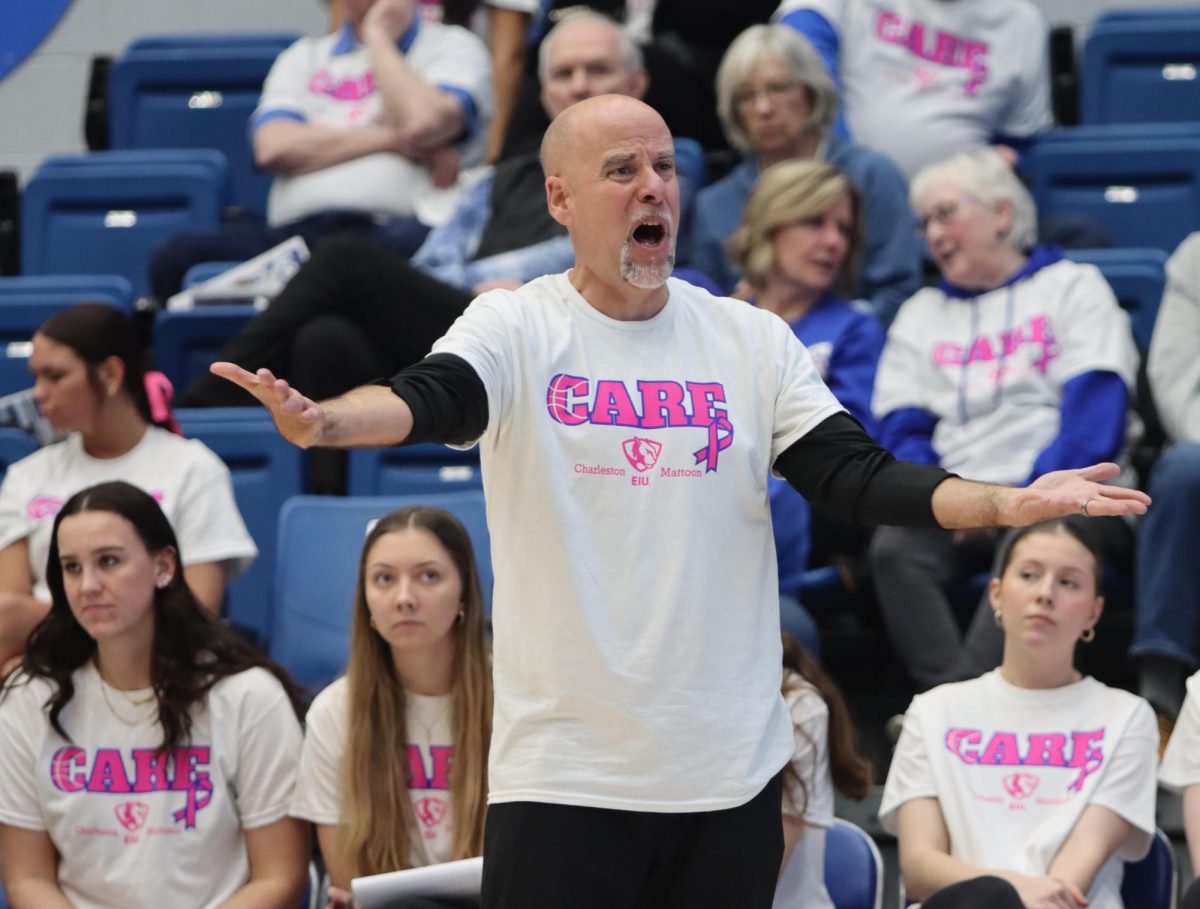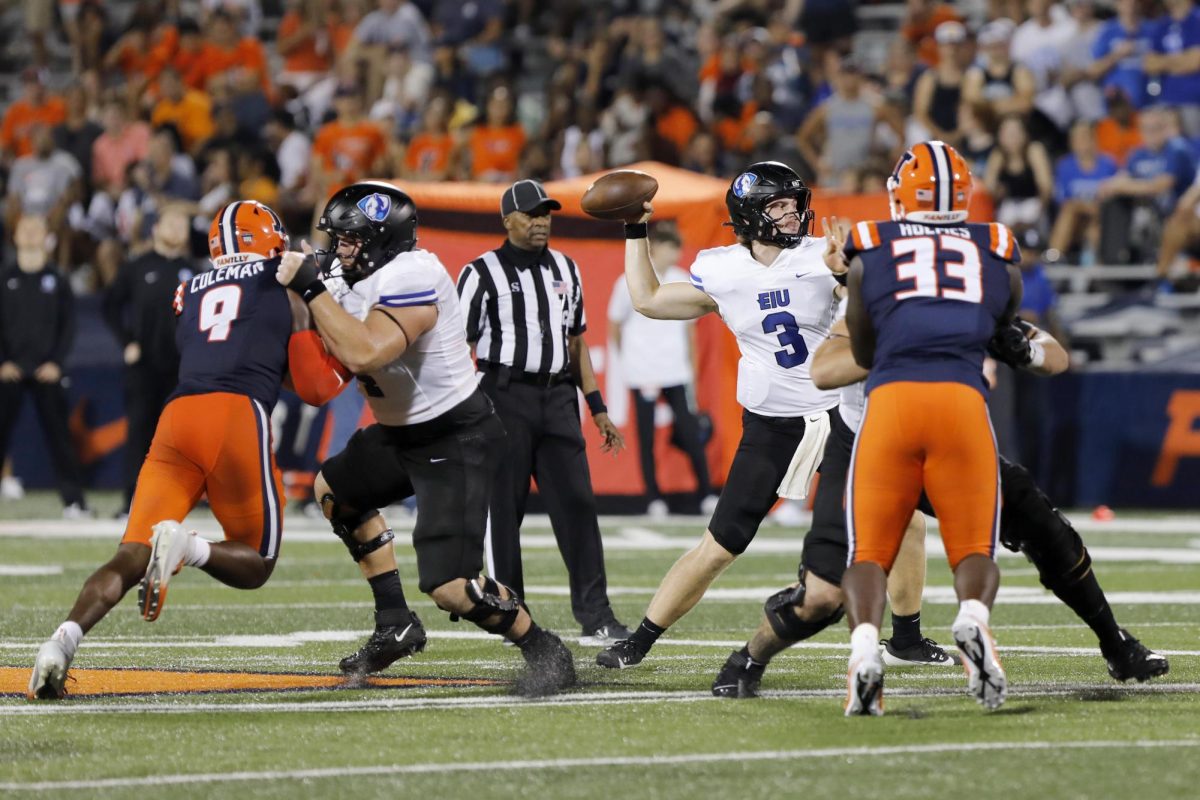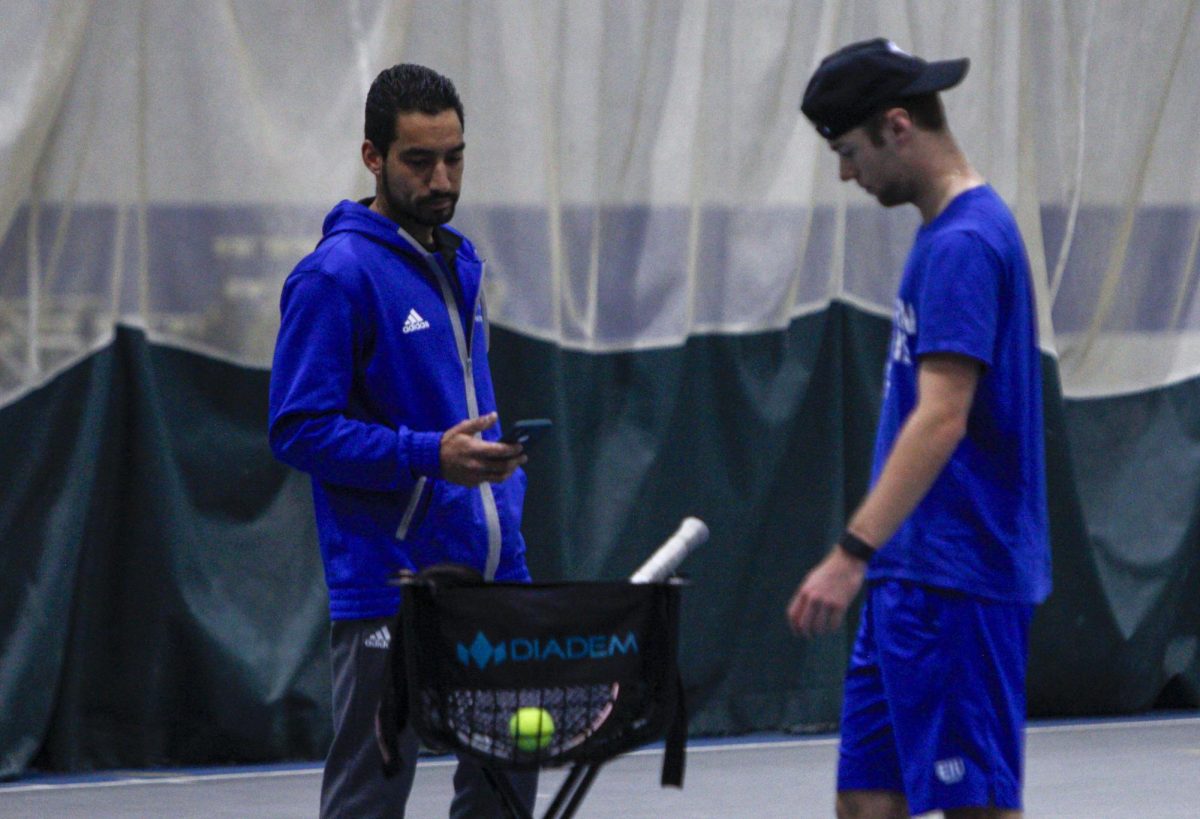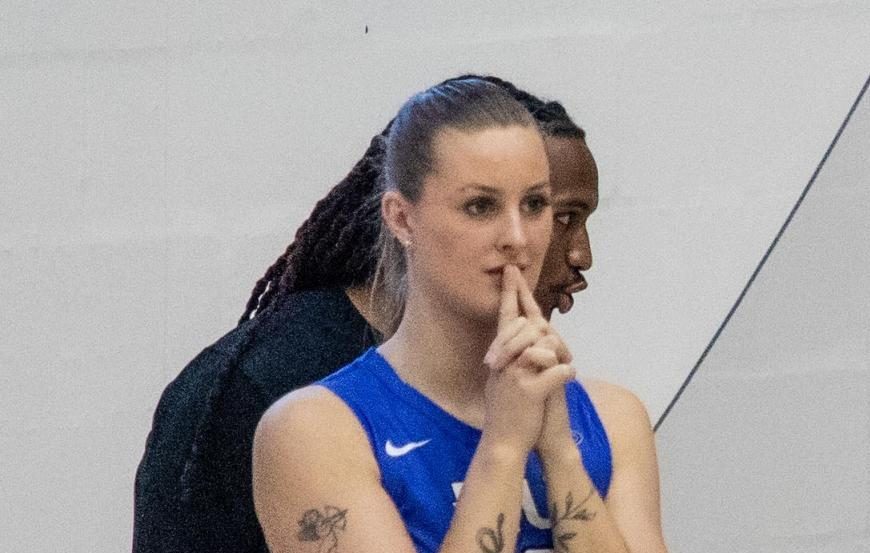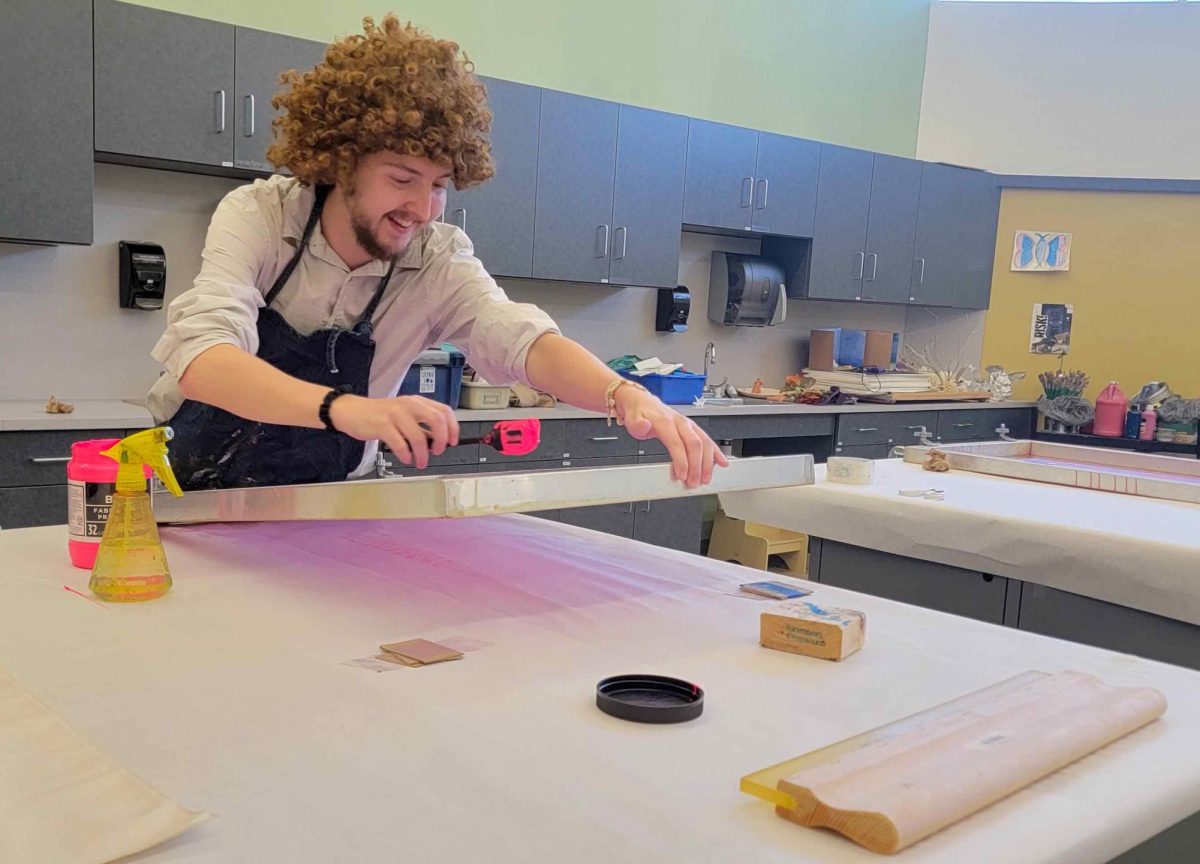Criminologists will love ‘Mindhunter’
March 28, 2019
“Mindhunter” is a must-watch for deviant psychology education fans, serial killer documentary enthusiasts and any (borderline cliché) cop show lovers.
David Fincher, the director of the cult classic film “Fight Club,” is directing a Netflix Original called “Mindhunter.”
The show is based on the true crime book under the same name, and it is a riveting series to say the least.
It’s all about a FBI agent’s experience co-forming a Behavioral Sciences Unit with the help of another agent and a psychology professor. It’s all to determine why psychopaths commit “sequence murders,” uncovering who might be a sequence killer and how the FBI can prevent them from killing, all with an especially naïve 70s-era serving as a backdrop.
Agent Holden Ford suggests interviewing men who have committed multiple heinous murders. The first man he interviews is Edmund Kemper, a real-life serial killer.
Agent Bill Tench is a skeptic through and through; he’s not too fond of hearing the life story of a man who killed 10 women.
But after hearing Kemper’s analyses with regard to multiple homicides and society as a whole, Ford and Tench manage to solve an unrelated murder case, supporting Ford’s farfetched theory that “sequence killer” interviews help solve other cases. The results that came from Kemper’s “assistance” is the initial factor that helped gain traction for the BSU.
The BSU at the FBI is beginning to get more recognition now that a case has been solved using information found by interviewing men that have killed multiple times. Psychology professor Wendy Carr joins the team.
The BSU team does a great job of analyzing information the serial killers give and communicating it (thanks to the good writing) to the rest of the audience in a way it’ll understand. Additionally, people who enjoy learning about the history of some of America’s serial killers would probably take an interest in the show as well.
I especially enjoyed a scene in “Mindhunter” where Ford is interviewing Jerome Brudos, another real-life serial killer.
In order for Ford to get Brudos to open up and discuss his killings, Ford had to invite the discussion in by allowing Brudos to talk about himself in third person.
In a nutshell, Brudos was blaming the killings on another killer and defending the whole convoluted claim by explaining it was all part of a police conspiracy. The real killer was still out there, and Brudos could speculate to Ford on what this killer was like and what his motivations were.
Ford invited Brudos to share with him what he believed the “real killer” was like, but Brudos was really just sharing information about himself. The details he mentioned were simply too finite and specific for him to really be talking about a third party, in my opinion.
This is eerily similar to what journalist Stephen Michaud did to get Ted Bundy to talk about the crimes he committed in Netflix’s “Conversations with a Killer: The Ted Bundy Tapes.” Michaud had to get Bundy to explain the murders by talking about himself in the third person, just like Brudos.
In short, if you’re into criminal/deviant psychology, serial killer documentaries and cop shows, please give this show a try. I’m hooked on it, and I can’t wait for season 2.
Logan Raschke is a junior journalism major. She can be reached at 581-2812 or at lrraschke@eiu.edu.


